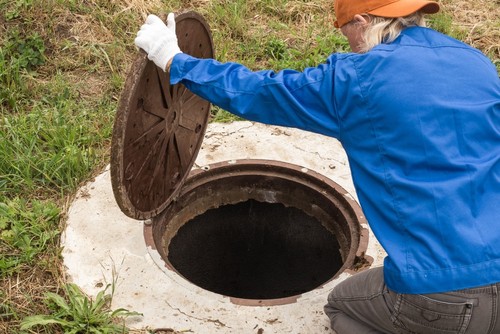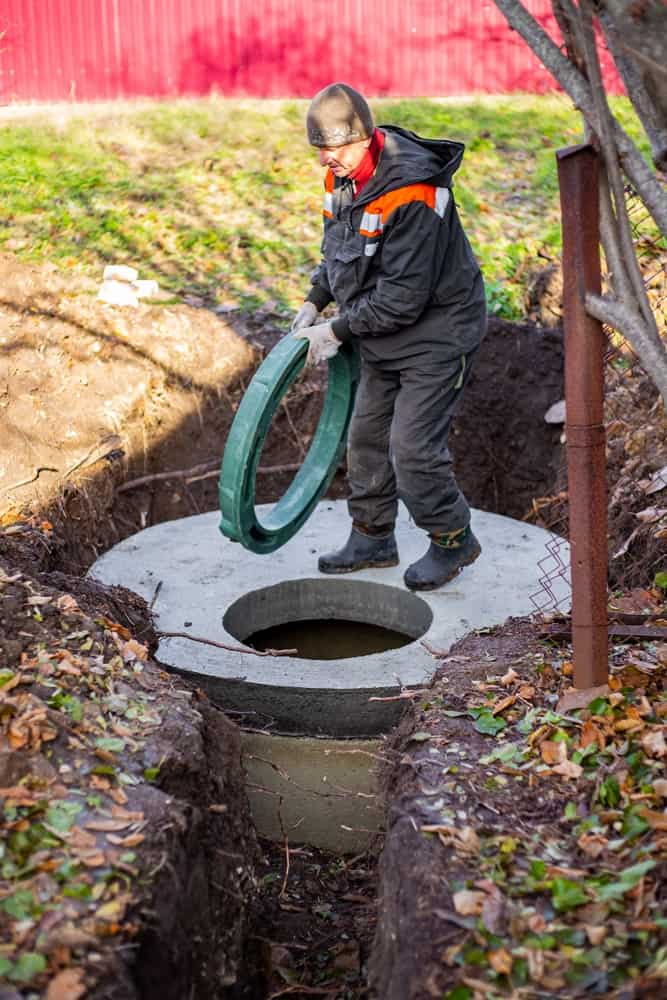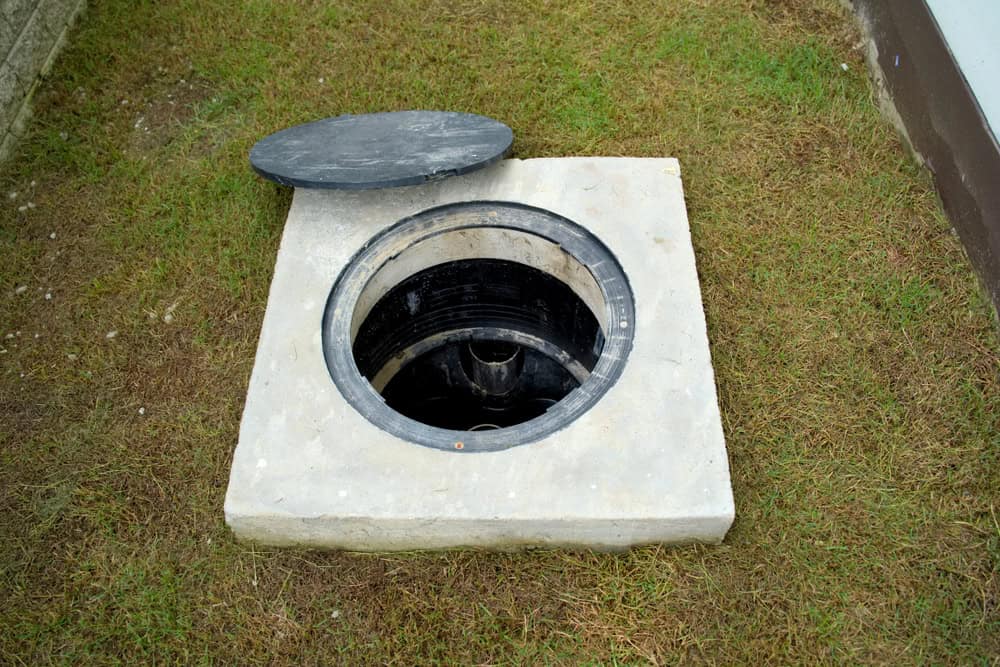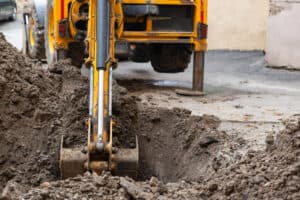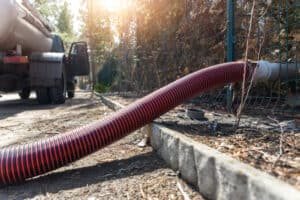The Benefits of Regular Cesspool Maintenance: Why It’s Essential for Proper Functioning
Regular maintenance of a cesspool is essential for proper functioning and can provide numerous benefits. Cesspools are underground tanks that are used to store and treat wastewater from a home or business. Without regular maintenance, cesspools can become clogged, leading to a variety of problems.
The most important benefit of regular cesspool maintenance is that it helps to prevent clogs. Clogs can occur when solid waste accumulates in the cesspool, blocking the flow of wastewater. This can lead to backups, overflows, and other issues. Regular maintenance helps to ensure that the cesspool is free of debris and other materials that can cause clogs.
Regular maintenance also helps to ensure that the cesspool is functioning properly. During maintenance, the cesspool is inspected for any signs of damage or wear. This helps to identify any potential problems before they become serious. Additionally, maintenance helps to ensure that the cesspool is operating at peak efficiency.
Finally, regular maintenance helps to extend the life of the cesspool. By regularly inspecting and maintaining the cesspool, any potential problems can be identified and addressed before they become serious. This helps to ensure that the cesspool will last for many years.
In conclusion, regular maintenance of a cesspool is essential for proper functioning and can provide numerous benefits. Maintenance helps to prevent clogs, ensure proper functioning, and extend the life of the cesspool. For these reasons, it is important to have regular maintenance performed on a cesspool.
How to Maintain Your Cesspool: Tips for Keeping It in Good Working Order
Maintaining your cesspool is essential for keeping it in good working order. Here are some tips to help you keep your cesspool in top condition:
1. Regularly inspect your cesspool for any signs of damage or deterioration. Look for cracks, holes, or other signs of wear and tear. If you notice any of these, contact a professional cesspool service to repair the damage.
2. Make sure to pump out your cesspool regularly. Depending on the size of your cesspool, you should pump it out every one to three years. This will help prevent the cesspool from becoming overloaded and overflowing.
3. Keep the area around your cesspool free of debris and vegetation. This will help prevent clogs and other problems.
4. Make sure to keep the lid of your cesspool securely in place. This will help prevent animals and children from accessing the cesspool and prevent any hazardous materials from entering the cesspool.
5. If you notice any foul odors coming from your cesspool, contact a professional cesspool service to inspect it. This could be a sign of a problem that needs to be addressed.
By following these tips, you can help ensure that your cesspool remains in good working order. Regular maintenance and inspection are essential for keeping your cesspool in top condition.
The Dangers of Neglecting Cesspool Maintenance: What Can Happen When You Don’t Take Care of It
Neglecting to maintain a cesspool can have serious consequences. A cesspool is an underground chamber that collects wastewater from a home or business. It is important to regularly maintain a cesspool to ensure that it is functioning properly and that the wastewater is being properly treated.
When a cesspool is not properly maintained, it can lead to a number of problems. The most serious of these is the potential for the cesspool to overflow. This can cause wastewater to seep into the surrounding soil, contaminating the groundwater and potentially leading to health risks. In addition, an overflowing cesspool can cause damage to the surrounding property, including flooding and erosion.
Another potential problem that can arise from neglecting to maintain a cesspool is the buildup of solids in the cesspool. This can lead to clogs in the system, which can cause the cesspool to become blocked and unable to function properly. This can lead to wastewater backing up into the home or business, resulting in unpleasant odors and potential health risks.
Finally, neglecting to maintain a cesspool can lead to the growth of bacteria and other organisms in the wastewater. This can lead to the spread of disease and other health risks.
In order to avoid these potential problems, it is important to regularly maintain a cesspool. This includes regularly pumping out the cesspool to remove any solids that have built up, as well as checking the system for any signs of damage or blockages. It is also important to ensure that the cesspool is properly sealed to prevent any wastewater from seeping into the surrounding soil.
By taking the time to properly maintain a cesspool, you can help to ensure that it is functioning properly and that the wastewater is being properly treated. This can help to protect the health of those living or working in the area, as well as protecting the surrounding environment.

